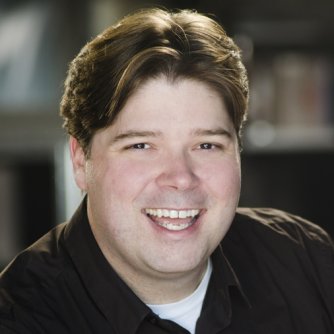
Few classical musicians feel comfortable straying from the notes in the score during a concert. Pianist Gabriela Montero loves improvisation so much she often asks audience members to sing or whistle melodies and uses them to create encores on the spot.
During her recent Boulder Philharmonic concert, for example, a listener suggested "Row, Row, Row Your Boat." Montero took the tune and adorned it with bold Romantic chords and even hints of ragtime.
On her new disc, however, the improv expert set out to make a more definitive statement. Montero composed and recorded her first piece for piano and orchestra to address the chaos in her native Venezuela.
It’s called “Ex Patria.” The music sounds sweeping and majestic early on, but descends into chaotic and violent passages. Here's a live performance of the piece:
Montero, who also works with Amnesty International to raise awareness about human rights problems in Venezuela, wanted to give listeners a musical snapshot of the political struggles there.
“I want them to empathize. I want them to care,” she said during an interview before her Boulder Philharmonic performance (which aired live on CPR Classical on Sept. 13).
Montero spoke with CPR Classical about writing “Ex Patria,” connecting with classical audiences through improvisation and playing Rachmaninoff’s daunting piano music on her new CD. Click the audio link above to listen.
Interview highlights:
On using ‘Ex Patria’ to make listeners think about Venezuela
“It really is a photograph -- a very, very personal and real photograph of what Venezuela has been the last 16 years. It’s a very painful piece. It’s a very complex piece. And it’s a piece I wrote wanting to somehow crush the listener and almost suffocate them so they would understand how we feel as a society. It’s a very experiential piece. It’s a very visual piece. And for me it’s more than music. It’s really a metaphor of a very painful situation.”
On whether her gift for improvisation created challenges as she wrote her first piece
“I would record, I don’t know, hundreds of ideas on my iPhone, and unfortunately of course I never went back to them. Because there would be a new idea when I was sitting down composing.”
On connecting with audiences during her improvised encores
“At the beginning they’re a little bit timid to speak, because audiences never speak back to the performer. And the few performers that do speak to the audiences never expect an answer. So it’s quite an interesting process. And then you see everyone like children, wanting to be heard, wanting to sing the tune, and to say, ‘Me! Me! Me! Me!’ You know, raising their hands. They love it. I love it, too.”








